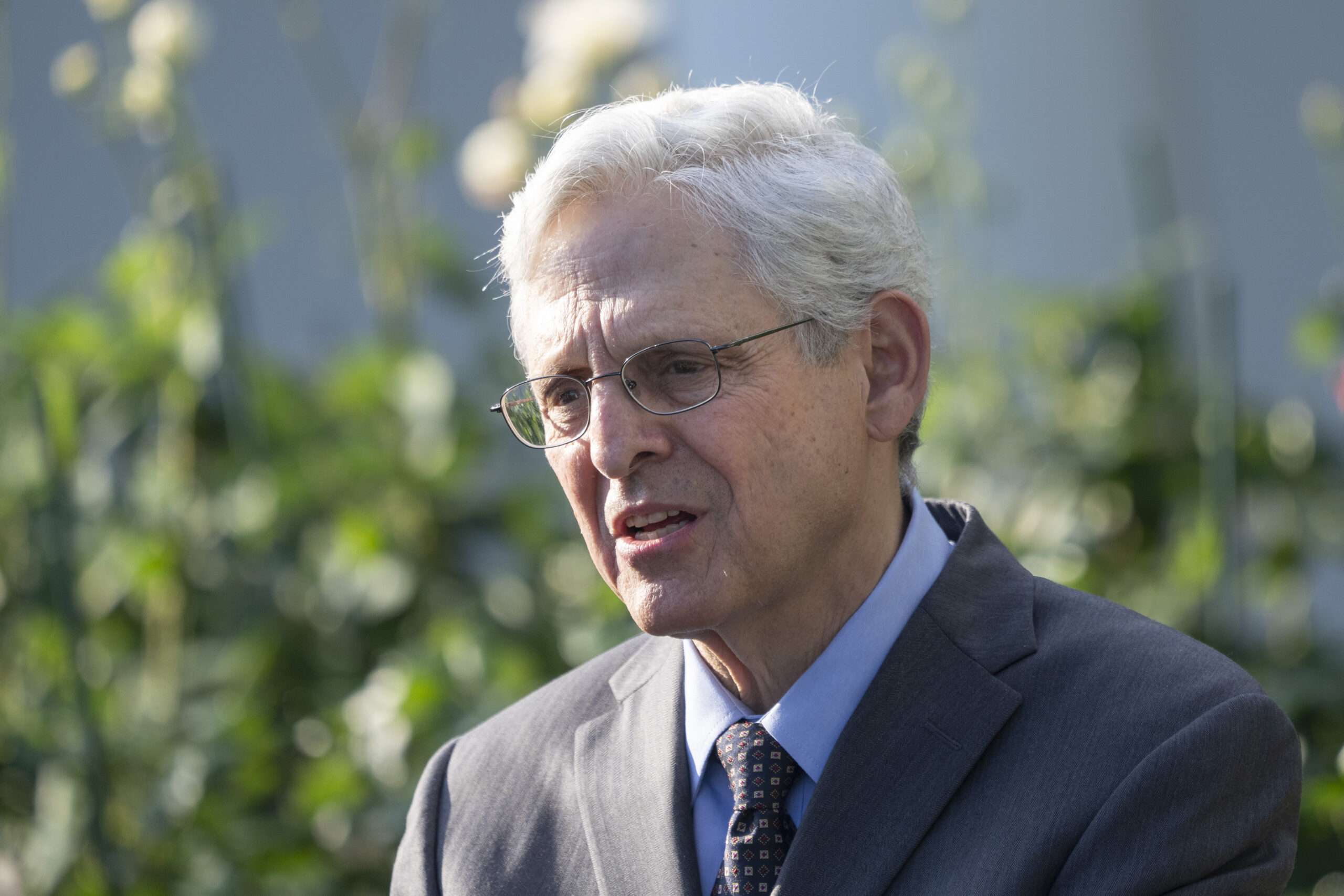Recently, the Drug Enforcement Administration (DEA) rejected a petition to reclassify marijuana under the Controlled Substances Act (CSA). The DEA maintained its position that moving marijuana from Schedule I would require substantial evidence similar to FDA approval for a new medicine. Despite this, in August 2021, the U.S. Court of Appeals for the 9th Circuit dismissed a lawsuit challenging this stance, citing failure to exhaust administrative remedies.
However, last week, the DEA proposed a rule to move marijuana to Schedule III, signaling a potential shift in their interpretation of the CSA. Columbia University law professor David Pozen suggests that the decision may have been influenced by Attorney General Merrick Garland, who overrode DEA’s resistance to align with a recommendation from the Department of Health and Human Services (HHS) last August. This recommendation followed a review initiated by President Joe Biden in October 2022, who criticized marijuana’s Schedule I status as illogical.
Biden’s criticism is valid. Schedule I drugs are required to have a high potential for abuse, no accepted medical use, and pose significant risks even under medical supervision. The DEA insisted on a strict interpretation of “currently accepted medical use,” demanding FDA approval or extensive research to meet safety and efficacy criteria.
In contrast, HHS recommended moving marijuana to Schedule III, citing widespread clinical experience and scientific support for its medical benefits in treating pain, nausea, and anorexia. HHS also noted that the public health risks associated with marijuana are lower compared to other drugs of abuse like heroin, cocaine, and benzodiazepines.
Despite the rescheduling proposal, it appears that the DEA may still be resistant to the change. Reports suggest internal disagreements within federal agencies over marijuana’s medicinal benefits and potential for abuse, delaying the official acceptance of HHS’s recommendation.
While the proposed rule was released by the DEA, it was signed by Garland, indicating a shift in decision-making authority. The DEA’s hesitation to endorse the proposal further underscores their reluctance to change marijuana’s scheduling.
Overall, the process of rescheduling marijuana highlights the intersection of politics and scientific evidence in drug policy decisions. While Biden’s stance on marijuana reform may be influenced by political considerations, the DEA’s adherence to outdated beliefs underscores the complexity of drug scheduling decisions.





